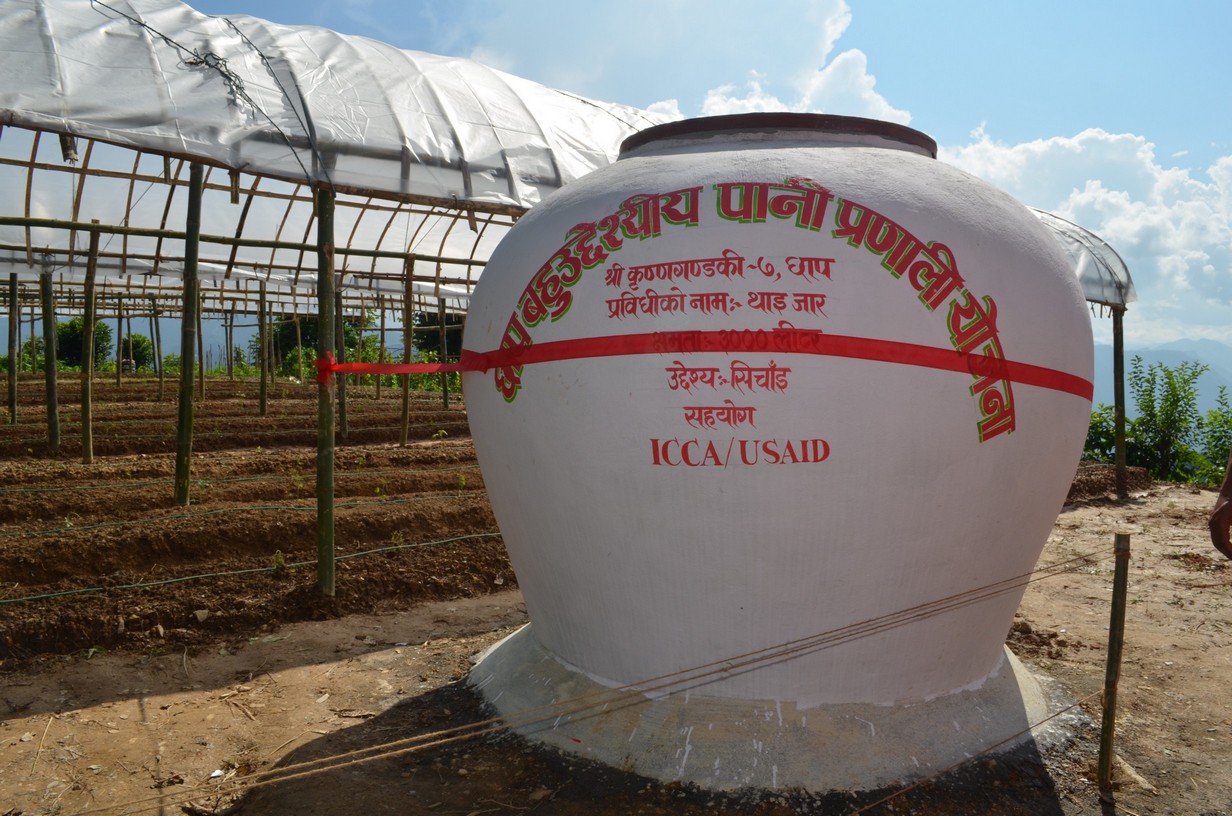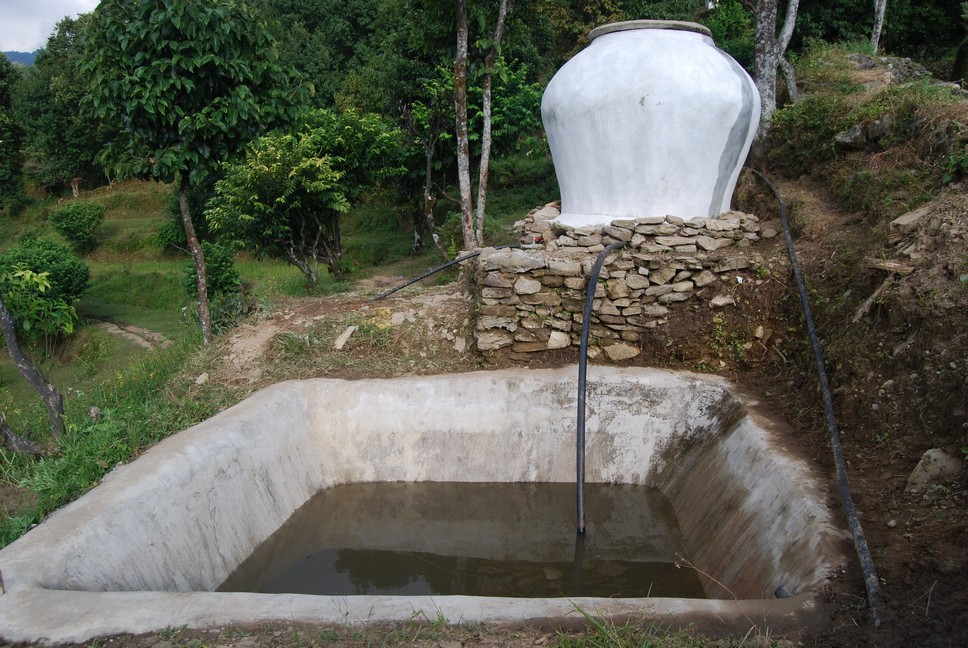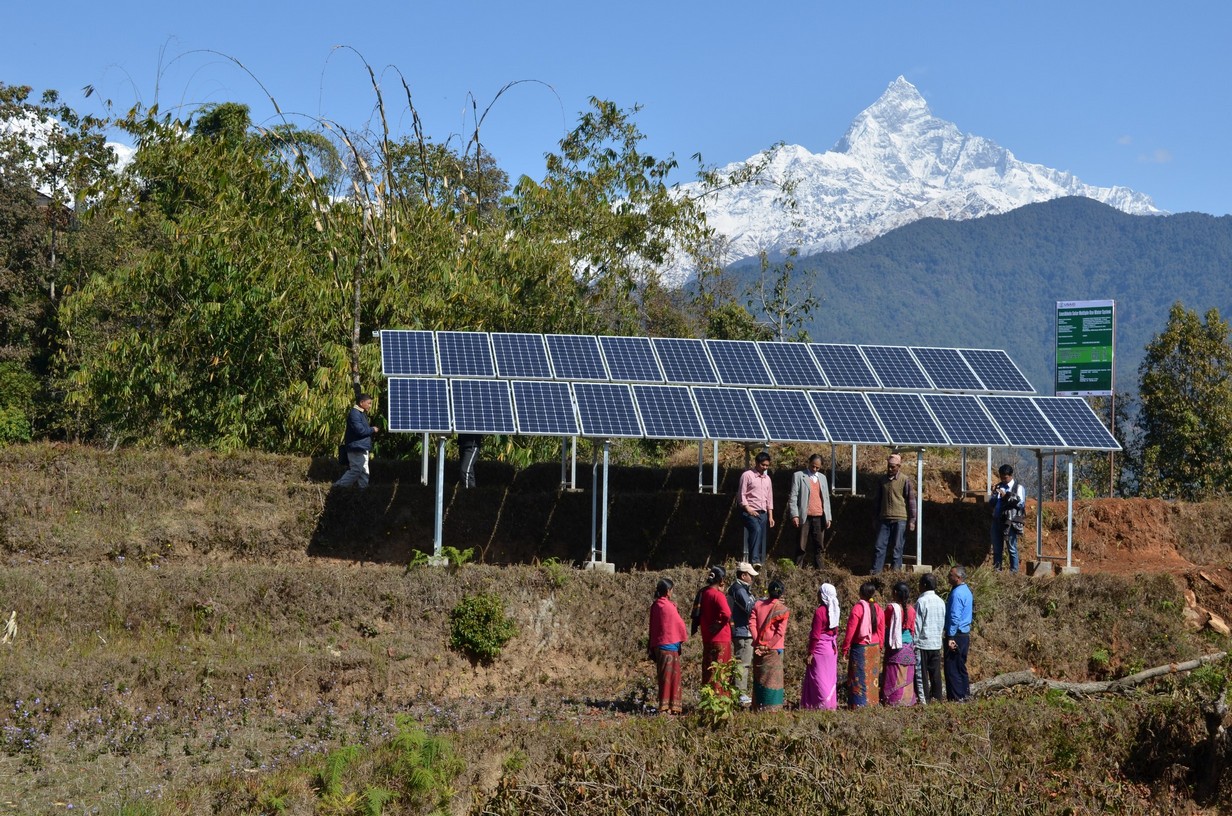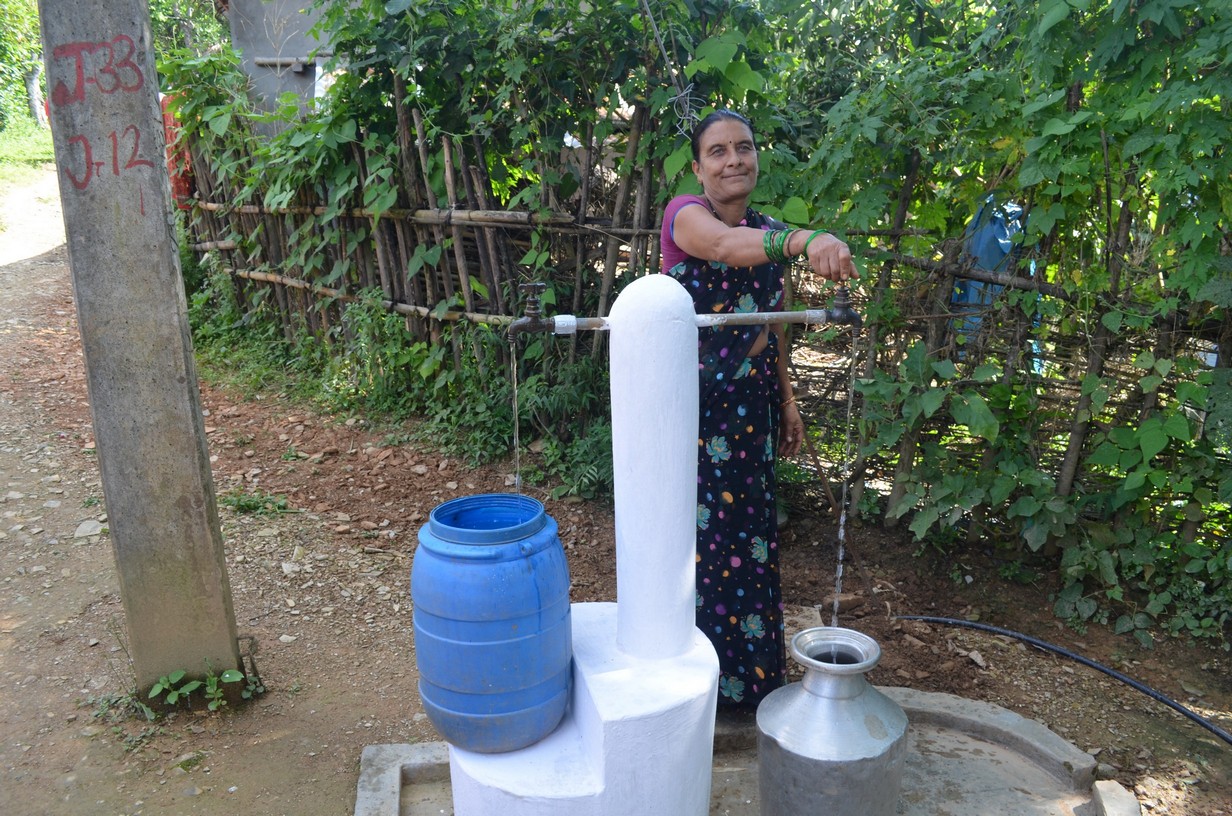Multiple Use Water Systems (MUS) are piped systems designed to provide water for domestic use (drinking water, sanitation, and hygiene) and productive uses (agriculture, livestock, hydropower, and enterprises). There are a wide variety of MUS designs depending on source availability and community priorities, including gravity-based systems as well as lift systems that pump water to communities located above their water source.
The MUS approach has been pioneered in Nepal by a number of development organizations with support from the government of Nepal and local communities over the last 20 years. However, the MUS approach is only partially implemented by the Nepal government and development program norms. There has been a separation of investment in water for domestic use and productive uses, even though rural households have multiple needs for water, which strains the capacity of domestic-only systems and creates conflict within communities. The International Water Management Institute (IWMI) has conducted research on the MUS approach in Nepal and globally, including a 2015 Nepal study that found MUS have high returns, are more sustainable, and are also more equitable than single use systems.
Mission Statement: The Nepal MUS Network is an informal and open network for development related organizations and practitioners in Nepal and elsewhere. It acts as a platform for sharing experiences and practices in MUS development, exchange of MUS knowledge, and developing capacity of stakeholders for developing the MUS approach.






Photos by Bimala Rai Colavito
